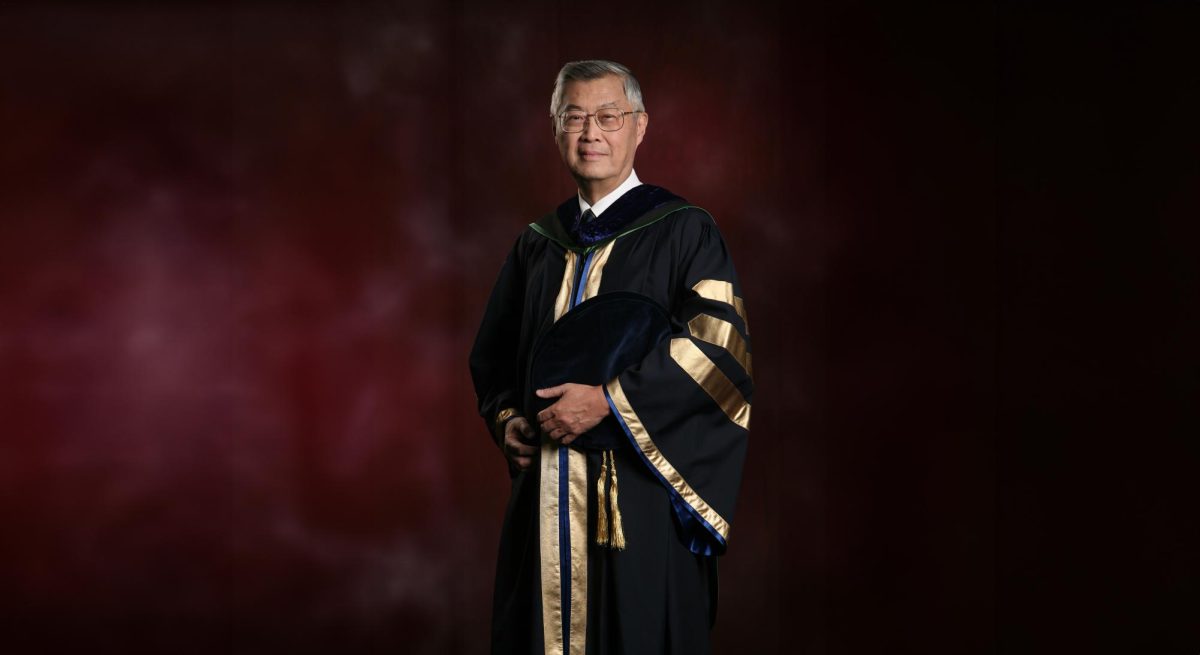Next week, thousands of SF State students will pack into AT&T Park, turn their tassels and graduate. Unfortunately, I will not be one of them, despite the fact that I’m finishing my 8th consecutive semester at this university, which typically signifies the end of one’s college career. But SF State, I quickly found out, is not a typical university, and I ended up becoming yet another casualty of the super senior syndrome that seems to plague this campus.
A super senior is a student who does not complete their college education in four years. I was just starting my 4th year when my advisor informed me that I needed to take an extra semester. My heart immediately leapt to my throat and my eyes burned with unshed tears. After stumbling out of her office I stood numbly in the hall, kind of hoping someone would throw a shock blanket over me and usher me into a dark corner where I could cry myself dry.
At the time, the news felt like a nightmare; the worst possible thing that could ever happen to me. I was a failure in the eyes of the education system, my parents, my peers, and most importantly myself.
Walking into what were supposed to be the final classes of my undergraduate career was torture. Academia had begun to feel more like an obstacle than a stepping stone, and like a lot of my peers I was desperate to just get school over with so I could move on with my life. What I hadn’t expected was for so many of my peers to be in similar positions than I was. According to U.S. News, only 15 percent of SF State students graduate in four years, while more than 60 percent graduate in six years.
Realizing that I wasn’t alone — and that no one actually cared I was taking an extra semester to graduate — was an enormous relief. I no longer felt like Sisyphus, pushing the boulder that was my college education up a hill that had no end in sight other than crippling debt.
The results of the 2015 Senior Exit Survey also left me feeling immense solidarity with my beleaguered peers. According to the survey, 41 percent of students identified lack of availability of courses as the number one reason why they failed to graduate in four years. Moreover, 37 percent believed that increasing course availability and 19 percent believed that improving advising would’ve enhanced their college experience. I couldn’t agree more, and it looks like SF State is taking note.
I wouldn’t say that realizing the reality of graduation rates at SF State has given me a new-found appreciation for this school. I’m still more than ready to leave, and it still boggles me that many of my peers are mourning the end of college. Though I suppose another few months of student discounts and time to beef up my resume in preparation for the real world can’t hurt.
The best part is that because I’m graduating in the fall, my family won’t force me to sit and rot through a three-hour Commencement ceremony. Instead, I’ll be celebrating graduation like any true college student would: day drinking and binge-watching Netflix.






